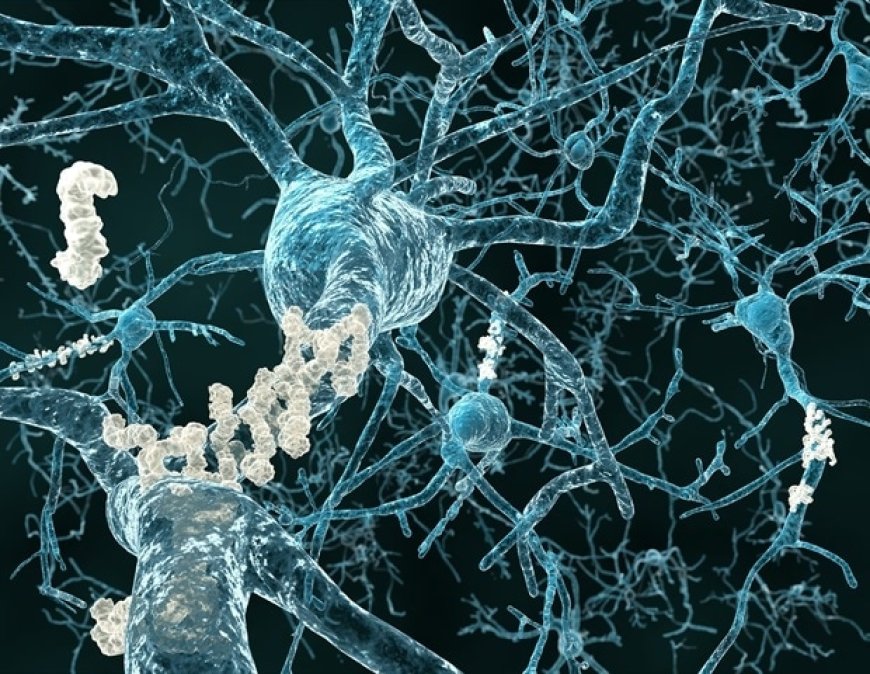Researchers working on blood test for early Alzheimer’s detection
Researchers at the Federal University of São Carlos in Brazil are developing a blood test to detect Alzheimer's disease early and distinguish it from other dementias. The test is based on analyzing biomarkers in the blood of 500 volunteers. Their findings suggest that the ADAM10 protein could be a potential marker for predicting Alzheimer's risk before the onset of symptoms.

Researchers at the Federal University of São Carlos (UFSCar) in Brazil are developing a blood test panel for early Alzheimer's detection. The project, supported by FAPESP, analyzes the genotype of 500 volunteers with and without the disease.
A recent study identified a genetic alteration linked to Alzheimer's, leading to high levels of the ADAM10 protein in individuals with cognitive impairment. ADAM10 prevents the formation of brain plaques, a key feature of Alzheimer's.
Alzheimer's affects 35.6 million people globally with no cure. Early diagnosis is crucial for delaying symptoms. UFSCar researchers aim to create blood tests based on ADAM10 for identifying those at risk of developing the disease.
ADAM10 may serve as a prognostic marker, indicating the likelihood of Alzheimer's before plaque formation. Combining biomarkers could improve dementia differentiation and enable broader screening through blood tests.
UFSCar researchers are developing a sensor to differentiate healthy older adults from those with Alzheimer's using ADAM10 levels. The test is being validated with 500 volunteers.
The project also focuses on creating a diverse genetic database considering risk factors like education and income. This database reflects Brazil's genetic diversity and unique risk factors for Alzheimer's.
According to the source: News-Medical.
What's Your Reaction?
 Like
0
Like
0
 Dislike
0
Dislike
0
 Love
0
Love
0
 Funny
0
Funny
0
 Angry
0
Angry
0
 Sad
0
Sad
0
 Wow
0
Wow
0
















































































































































































